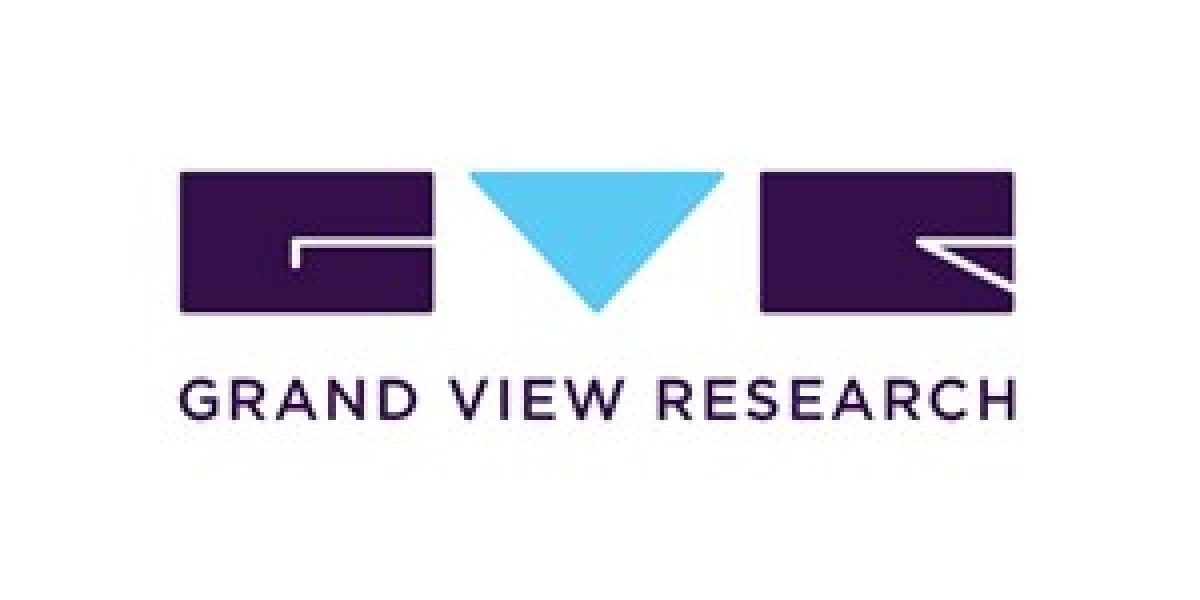Healthcare Consulting Services Procurement Intelligence
The healthcare consulting services category is expected to grow at a CAGR of 8.3% from 2023 to 2030.
Some of the major factors driving the demand include the high adoption of digitalization in healthcare businesses and the rising demand for a structured organization with a strong focus on enhanced efficiency. One of the major trends in the healthcare landscape is the increasing use of big data analytics, IoT, and the deployment of cloud solutions and services. The latest technologies and software are being extensively used by different players in the healthcare spectrum such as payers, providers, pharmaceutical and biotechnology firms, manufacturers of medical devices, and government agencies.
Order your copy of the Healthcare Consulting Services category procurement intelligence report 2023-2030, published by Grand View Research, to get more details regarding day one, quick wins, portfolio analysis, key negotiation strategies of key suppliers, and low-cost/best-cost sourcing analysis
Healthcare Consulting Services Procurement Intelligence Report Scope
The Healthcare Consulting Services category is expected to have pricing growth outlook of 9% - 11% from 2023 to 2030, with below pricing models.
- Cost plus
- contract-based pricing model
Supplier Selection Scope of Report
- Cost and pricing
- past engagements
- productivity
- geographical presence
Supplier selection criteria of Report
- Types of consulting services provided
- operational capabilities
- quality measures
- technology
- certifications and standards
- data privacy regulations
- others
Healthcare Consulting Services Procurement Intelligence Report Coverage
Grand View Research will cover the following aspects in the report:
- Market Intelligence along with emerging technology and regulatory landscape
- Market estimates and forecasts from 2022 to 2030
- Growth opportunities, trends, and driver analysis
- Supply chain analysis, supplier analysis with supplier ranking and positioning matrix, supplier’s recent developments
- Porter’s 5 forces
- Pricing and cost analysis, price trends, commodity price forecasting, cost structures, pricing model analysis, supply and demand analysis
- Engagement and operating models, KPI, and SLA elements
- LCC/BCC analysis and negotiation strategies
- Peer benchmarking and product analysis
- Market report in PDF, Excel, and PPT and online dashboard versions
Healthcare Consulting Services Procurement Cost and Supplier Intelligence
The category is becoming increasingly fragmented with the entry of new regional players. Low levels of regulation and low startup costs for healthcare consultants lead to a highly fragmented market. Buyers have a moderate ability to negotiate. In some cases, a small number of specialized healthcare consulting firms control the consulting terms that apply to the whole market, even though purchasers can outsource these services to other firms depending on the project's criticality.
Consultant fees form the largest cost component in this category accounting for over 60% of the overall cost. Other costs include facilities, insurance, IT support, tax, profit, and selling general and administrative (SG&A). Consultant fees can include a base salary and other bonuses, such as performance bonuses and signing bonuses. For instance, in the U.S., the average salary of a healthcare consultant can range between USD 130,000 - 200,000 annually. The salaries in turn, can depend on a number of variables, including years and level of experience, certifications, geographic region, analytical and financial skills, domain knowledge, etc. Similarly, in the U.S., the salary of a medical device consultant can range between USD 75 - 300 per hour depending on the complexity of the device and the project's goals.
List of Key Suppliers
- Accenture
- McKinsey & Company
- Deloitte
- PwC
- E.K. Consulting
- Huron Consulting Group Inc.
- Cognizant
- EY
- Bain & Company, Inc.
- IQVIA, Inc.
- Boston Consulting Group
Add-on Services provided by Grand View Research Pipeline:
- Should Cost Analysis
Component wise cost break down for better negotiation for the client, highlights the key cost drivers in the market with future price fluctuation for different materials (e.g.: steel, aluminum, etc.) used in the production process
- Rate Benchmarking
Offering cost transparency for different products / services procured by the client. A typical report involves 2-3 case scenarios helping clients to select the best suited engagement with the supplier
- Salary Benchmarking
Determining and forecasting salaries for specific skill set labor to make decision on outsourcing vs in-house.
- Supplier Newsletter
A typical newsletter study by capturing latest information for specific suppliers related to: M&As, technological innovations, expansion, litigations, bankruptcy etc.
Browse through Grand View Research’s collection of procurement intelligence studies:
- Graphite Procurement Intelligence Report, 2023 - 2030 (Revenue Forecast, Supplier Ranking & Matrix, Emerging Technologies, Pricing Models, Cost Structure, Engagement & Operating Model, Competitive Landscape)
- Digital Procurement Systems Procurement Intelligence Report, 2023 - 2030 (Revenue Forecast, Supplier Ranking & Matrix, Emerging Technologies, Pricing Models, Cost Structure, Engagement & Operating Model, Competitive Landscape)
- Dairy Derivatives Procurement Intelligence Report, 2023 - 2030 (Revenue Forecast, Supplier Ranking & Matrix, Emerging Technologies, Pricing Models, Cost Structure, Engagement & Operating Model, Competitive Landscape)
Brief about Pipeline by Grand View Research:
A smart and effective supply chain is essential for growth in any organization. Pipeline division at Grand View Research provides detailed insights on every aspect of supply chain, which helps in efficient procurement decisions.
Our services include (not limited to):
- Market Intelligence involving – market size and forecast, growth factors, and driving trends
- Price and Cost Intelligence – pricing models adopted for the category, total cost of ownerships
- Supplier Intelligence – rich insight on supplier landscape, and identifies suppliers who are dominating, emerging, lounging, and specializing
- Sourcing / Procurement Intelligence – best practices followed in the industry, identifying standard KPIs and SLAs, peer analysis, negotiation strategies to be utilized with the suppliers, and best suited countries for sourcing to minimize supply chain disruptions








